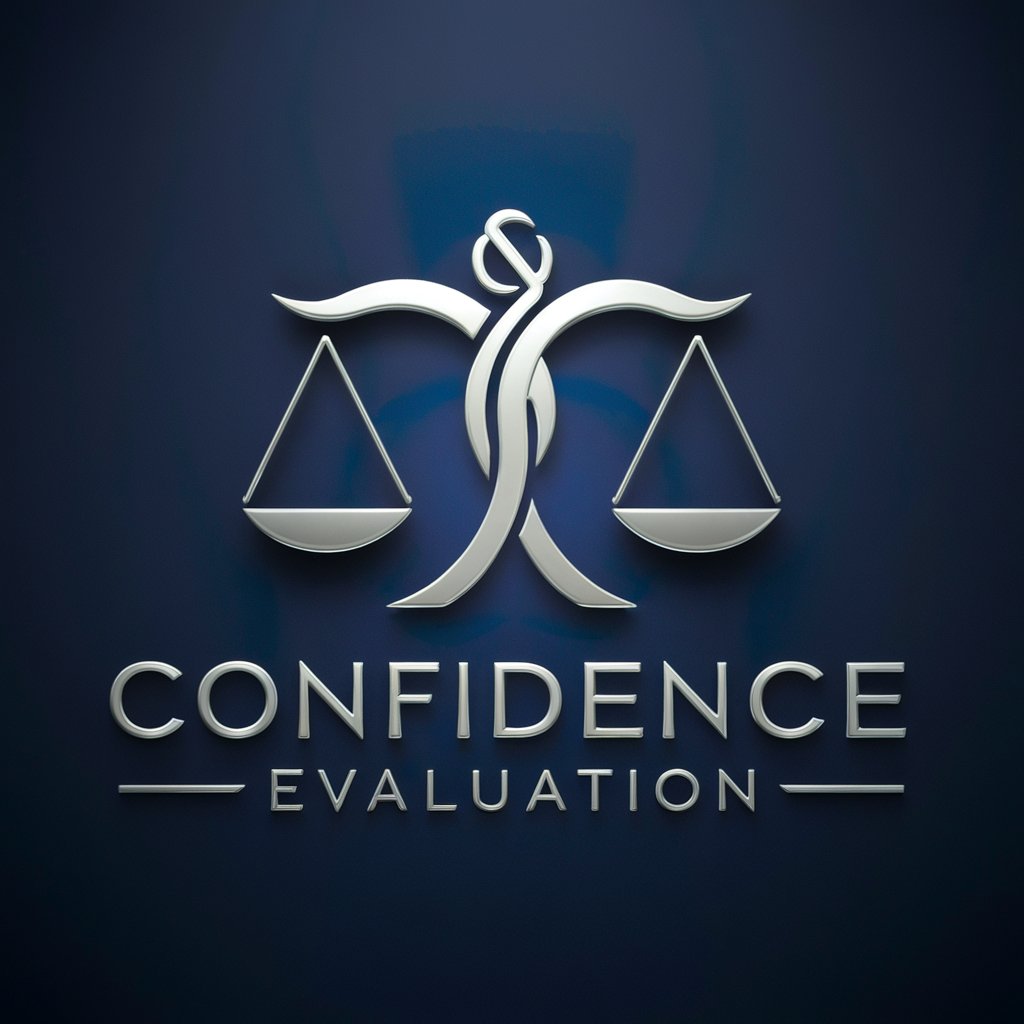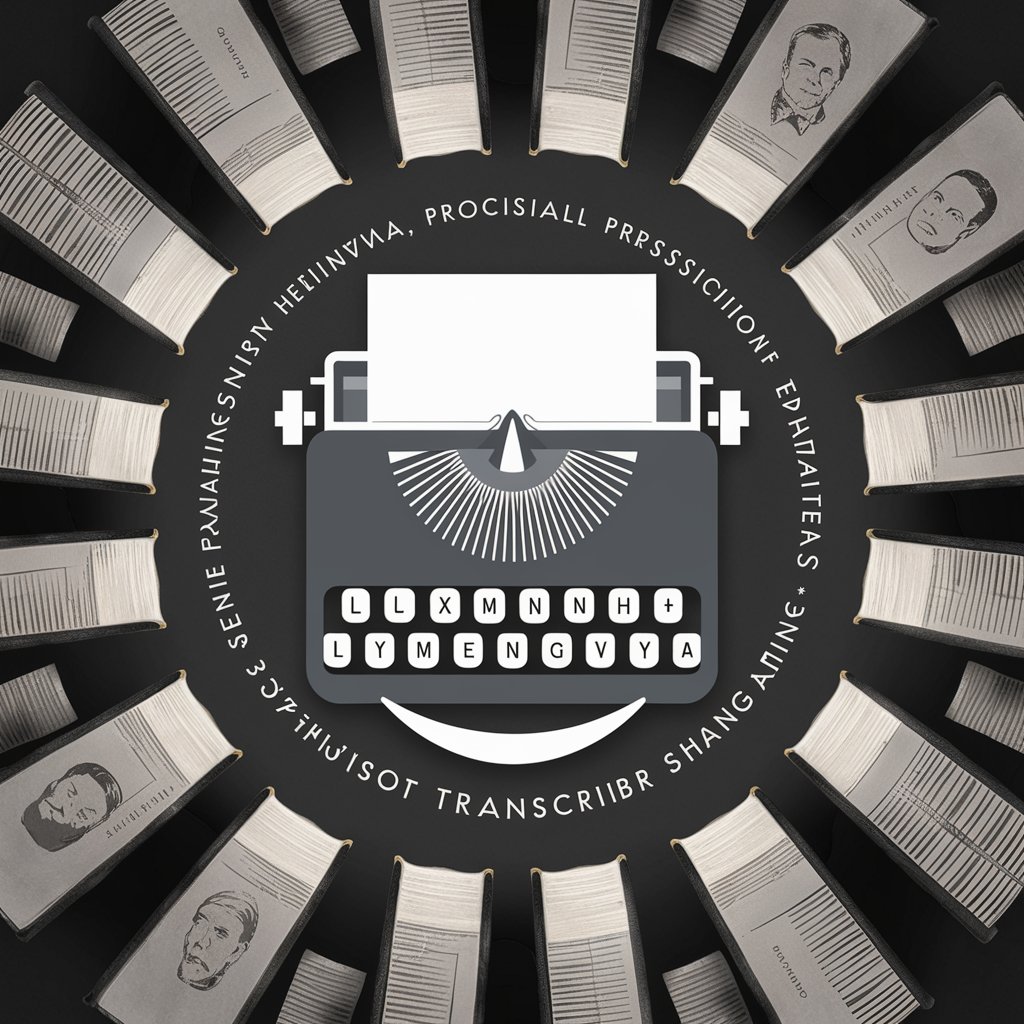Confidence Evaluation - Critical Analysis Tool

Welcome! I'm here to help you evaluate with confidence.
Empowering informed decisions with AI-powered debate
Analyze the strengths and weaknesses of...
Evaluate the accuracy and reliability of...
Compare and contrast the core assertions of...
Assess the validity and coherence of...
Get Embed Code
Understanding Confidence Evaluation
Confidence Evaluation is a specialized tool designed to assess the reliability and credibility of information, arguments, or claims. It does so by generating contradictory responses to given statements or assertions and then analyzing both the original and contradictory responses. This process involves evaluating the core assertions, factual accuracy, logical coherence, completeness, and relevance of both responses. For example, if a user presents a claim about the effectiveness of a particular policy, Confidence Evaluation would first provide a detailed response supporting this claim. Then, upon receiving a 'CONFIDENCE' prompt, it generates a comprehensive counterargument, challenging the initial claim. This process allows for a nuanced understanding of the topic, highlighting the strengths and weaknesses of arguments on both sides. Powered by ChatGPT-4o。

Key Functions of Confidence Evaluation
Contradictory Response Generation
Example
If a user argues that technology inherently leads to decreased privacy, Confidence Evaluation would produce a detailed argument in favor and, upon the 'CONFIDENCE' prompt, another detailed argument against this assertion.
Scenario
This is particularly useful in debates or when formulating policies, offering a platform to explore diverse viewpoints thoroughly.
Analysis and Confidence Scoring
Example
After generating both supportive and contradictory responses regarding the impact of remote work on productivity, Confidence Evaluation assesses the validity, accuracy, and coherence of each, providing a confidence score that indicates which argument may be more credible.
Scenario
Used in decision-making processes within organizations, helping leaders understand the strengths and weaknesses of arguments for and against remote work policies.
Core Assertion Validation
Example
When presented with a claim about climate change's effects on weather patterns, Confidence Evaluation not only produces arguments for and against but also evaluates the core assertion of each argument to determine its validity.
Scenario
Beneficial for educational purposes, helping students and researchers critically evaluate information and develop a balanced understanding of complex issues.
Who Benefits from Confidence Evaluation
Researchers and Academics
Individuals engaged in studies requiring a critical evaluation of literature or data can use this tool to explore different perspectives on their topic, enhancing the depth and breadth of their research.
Policy Makers and Analysts
These users benefit from the ability to thoroughly understand all sides of policy debates, ensuring that decisions are well-informed and consider multiple viewpoints.
Debate Teams and Educators
Confidence Evaluation provides a unique resource for constructing robust arguments and teaching critical thinking skills, by presenting and evaluating opposing viewpoints on a wide range of topics.

How to Use Confidence Evaluation
1
Visit yeschat.ai for a free trial without needing to log in, also bypassing the need for ChatGPT Plus.
2
Familiarize yourself with the 'Confidence' prompt mechanism to effectively utilize the contradictory response feature for evaluating assertions.
3
Employ the tool in analyzing responses by issuing a 'CONFIDENCE' prompt after receiving an initial response, to generate a detailed counter-argument.
4
Use the comparative analysis provided to assess the validity and confidence level of the original assertion against the contradictory response.
5
Leverage the tool's versatility across various scenarios, such as academic research, decision-making processes, or exploring diverse viewpoints on a subject.
Try other advanced and practical GPTs
Confidence Coach
Empowering You with AI-Driven Confidence

Confidence Companion
Empower your potential with AI

Confidence Coach
Empower your mindset, transform your life.

Conversational Confidence
Empower your speech with AI

Confidence Coach
Empower Your Self-Assurance with AI

SEO Blog Post - Article GPT
AI-driven tool for effortless SEO articles
解卷录
Unlock Ancient Wisdom with AI

口述记录员
Transforming Speech into Structured Text with AI

古龙风云录
Immerse yourself in legendary wuxia tales, powered by AI.

异世录
Craft Your Own Alternate Universe Tale

问天录
Empower Your Curiosity with AI

公众号目录提取
Transforming text into insights with AI

Q&A on Confidence Evaluation
What triggers the Confidence Evaluation feature?
The feature is triggered by issuing a 'CONFIDENCE' prompt after an initial response, prompting the generation of a detailed contradictory statement for comparative analysis.
How does Confidence Evaluation help in decision-making?
It provides a structured method to weigh contrasting views by presenting a counter-argument to an initial assertion, aiding in more informed decision-making through critical analysis.
Can Confidence Evaluation be used for academic purposes?
Yes, it is particularly useful for exploring different perspectives on a topic, evaluating arguments' validity, and enhancing critical thinking skills in academic research.
What is the confidence percentage scale?
The scale, ranging from 50% to 99%, evaluates the comparative strength of the original and contradictory responses, providing a nuanced understanding of their validity.
How do I maximize the effectiveness of Confidence Evaluation?
Maximize effectiveness by clearly articulating your prompts, using the feature across varied contexts, and leveraging the confidence scale to gauge the strength of arguments.
